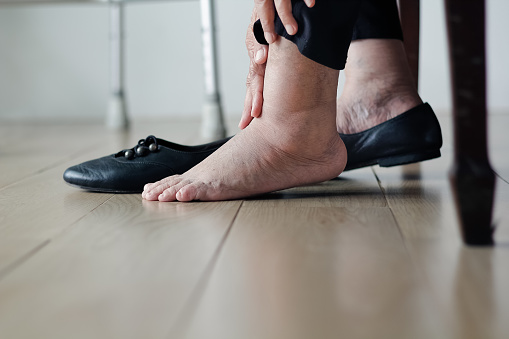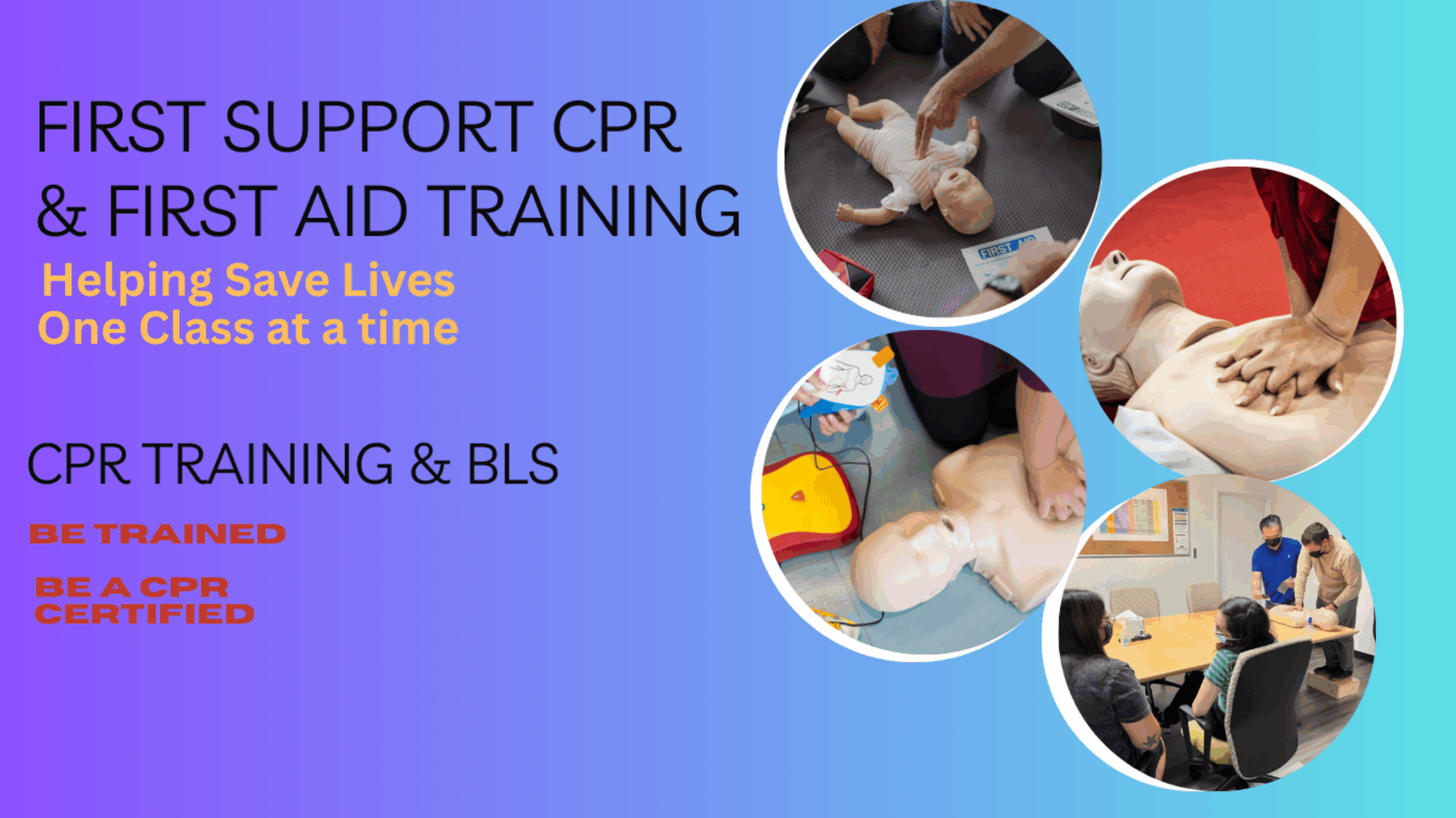Beware of these 7 Signs Before Heart Attack Strike
Some heart attacks are sudden and intense. But most start slowly, with mild pain or discomfort. Pay attention to your body if you experience some of these signs. Symptoms may vary between men and women. Here are several symptoms of health problems that people usually missed.
1. ABDOMINAL PAIN
In females, a pain in the abdomen can be easily mistaken for a cramp that usually occurs at the beginning of the period-cycle. While abdominal pain can result from several health problems, there is a specific abdomen pain that you shouldn’t ignore.
If you found yourself grappling with abdomen pain and slight heartburn, it’s time to seek out help. This type of abdomen pain could be an early sign of a heart attack. A heart attack usually occurs when a blood clot forms up in your coronary artery, causing squeezing pain in your chest and upper stomach. It might be time to seek medical help if you experience this symptom frequently.

2. LOSS OF APPETITE
Heart disease has many less common symptoms that people easily brush off, such as losing appetite and nausea. This symptom usually occurs when you feel full even if you have not eaten enough or very little. This symptom makes it harder for people who suffer from heart disease to take enough calories and nutrients.
When experiencing such symptoms, it is necessary to take several small portions of meals that are easy to digest and appealing. It could be a sign that your heart failure worsen if you experience changes in your appetite or digestion system after being diagnosed with heart disease.

3. SWELLING LEGS AND FEET
Swelling on your legs could also be an early symptom of heart disease. It is a common symptom that usually occurs amongst people with heart disease-related problems. These swollen legs and feet are caused by the accumulation of blood not flowing back to the heart. In some people, this swollen also appear on their stomach, which can also cause significant weight gain.
You can detect this symptom by feeling pain in your legs or feet and your legs becoming puffy over time. The pain caused by swollen legs usually feel better in the morning and get worse later in the day

4. RAPID WEIGHT GAIN
As well as swelling legs, heart disease can also lead to fluid build-up in the lungs, stomach, ankle, and other areas of your body. Therefore, it is better for you to keep track of your weight on a daily basis.
Besides maintaining your healthy weight , tracking your weight can help you spot early symptoms of severe health issues like heart disease. If you notice a significant weight gain of more than two or three pounds in 24 hours or gain 5 pounds in a week without a significant diet change, then it’s better to get it checked. The build-up of fluid can trigger numerous health issues, such as breathlessness if it builds up in your lungs.

5. NEEDING MORE PILLOW
People who have heart disease-related problems often found themselves breathless when resting or lying down. It’s all due to fluid that builds up in their lungs moves along with gravity. Heart disease sufferers can experience shortness of breath in several ways, including; feeling tired when you walk, found yourself wake up while sleeping because of breathlessness, and feeling tightness in the chest area.
Symptoms of shortness of breath in heart disease-symptom are often mistaken for flu or common cough. This type of breathlessness usually occurs with coughing and wheezing in the middle of the night after hours of lying down.

6. CONTINUES COUGH
Cough is one of the heart disease symptoms that are not usually discussed or taken seriously. People with persistent cough are typically diagnosed with asthma and bronchitis, but if the symptoms do not improve even after a prescription medication, it could be a symptom of heart failure.
Based on the Heart Failure Matters organization, heart failure-cough is usually thick and has a mucous-like substance that may be tinged with blood. A persistent cough caused by a weak heart causes the fluid to back up to the lungs, thus making it harder to breathe. Congestion of the lungs caused by heart failure may also cause dry, hacking cough, or wheezing.

7. DIZZINESS AND HEADACHE
Dizziness can be associated with many health problems, including heart disease. Dizziness that related to heart disease is often accompanied by a feeling of faintness and lightheadedness. It’s all due to the reduction of blood flow to the brain.
You must not ignore this symptom if you are above 40+ and it occurs frequently. This symptom also could be a sign of a heart valve condition that happens when your valve becomes narrow. Sometimes this dizziness can result in fainting and loss of consciousness, which is dangerous since it can result in injuries and bone fractures

Minutes matter. Quick action can save lives – Learn CPR.
If you know someone who experience heart attack. You should perform CPR immediately while waiting for the Medical team to arrived. If you don’t know how to perform CPR, you can contact us to schedule a CPR Training with us. Being a CPR Certified is a great plus on your skills
